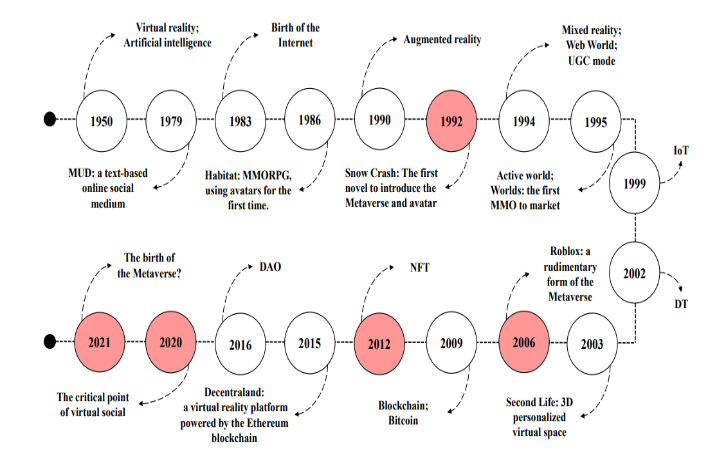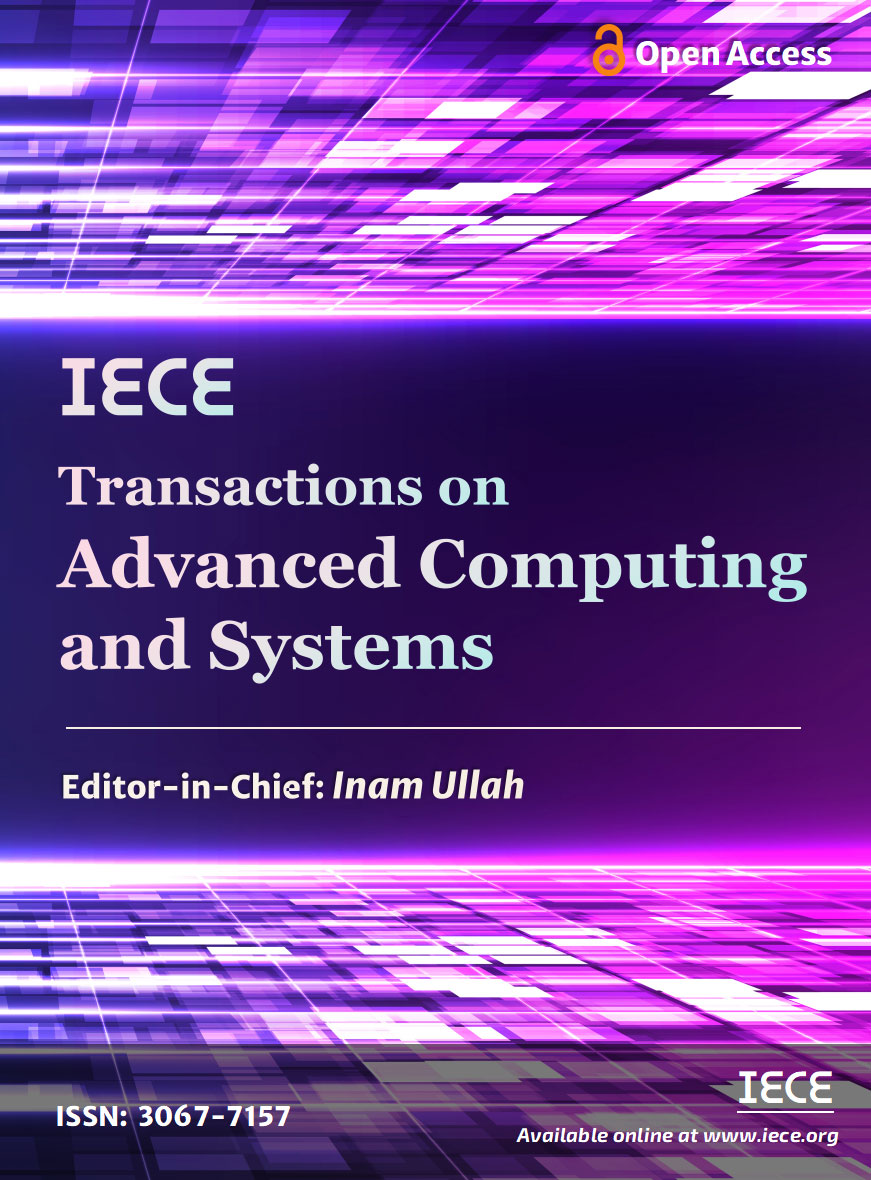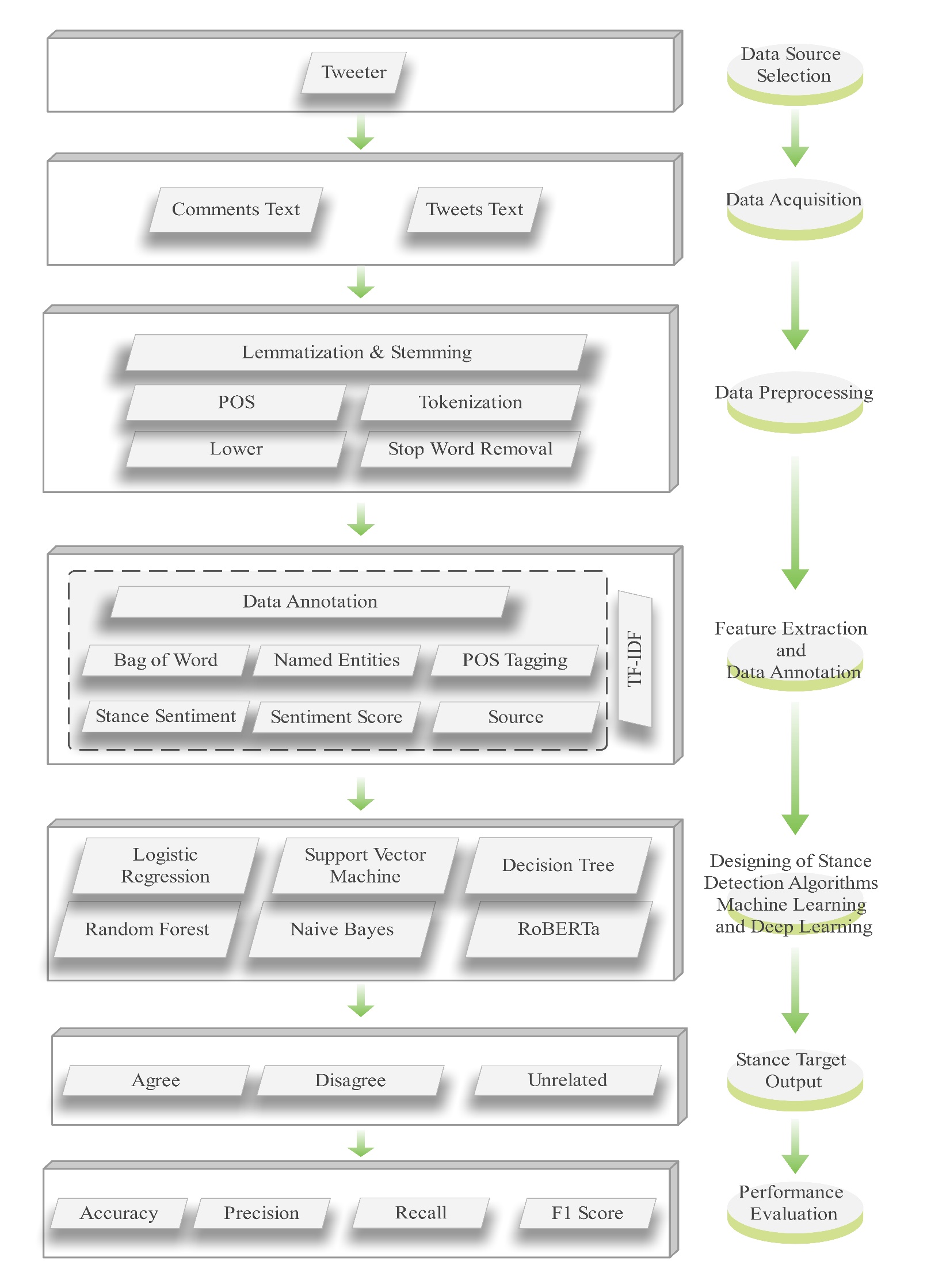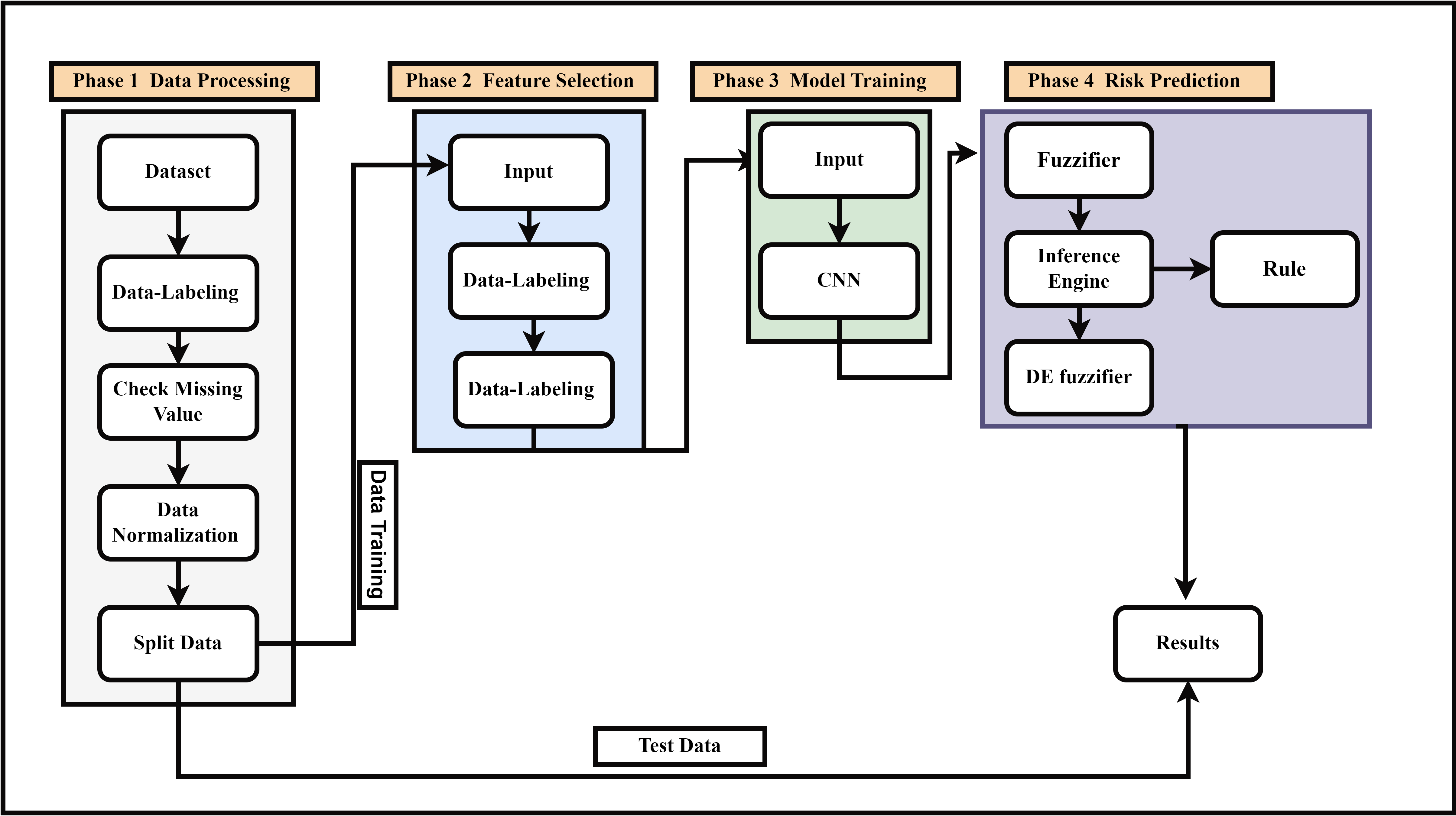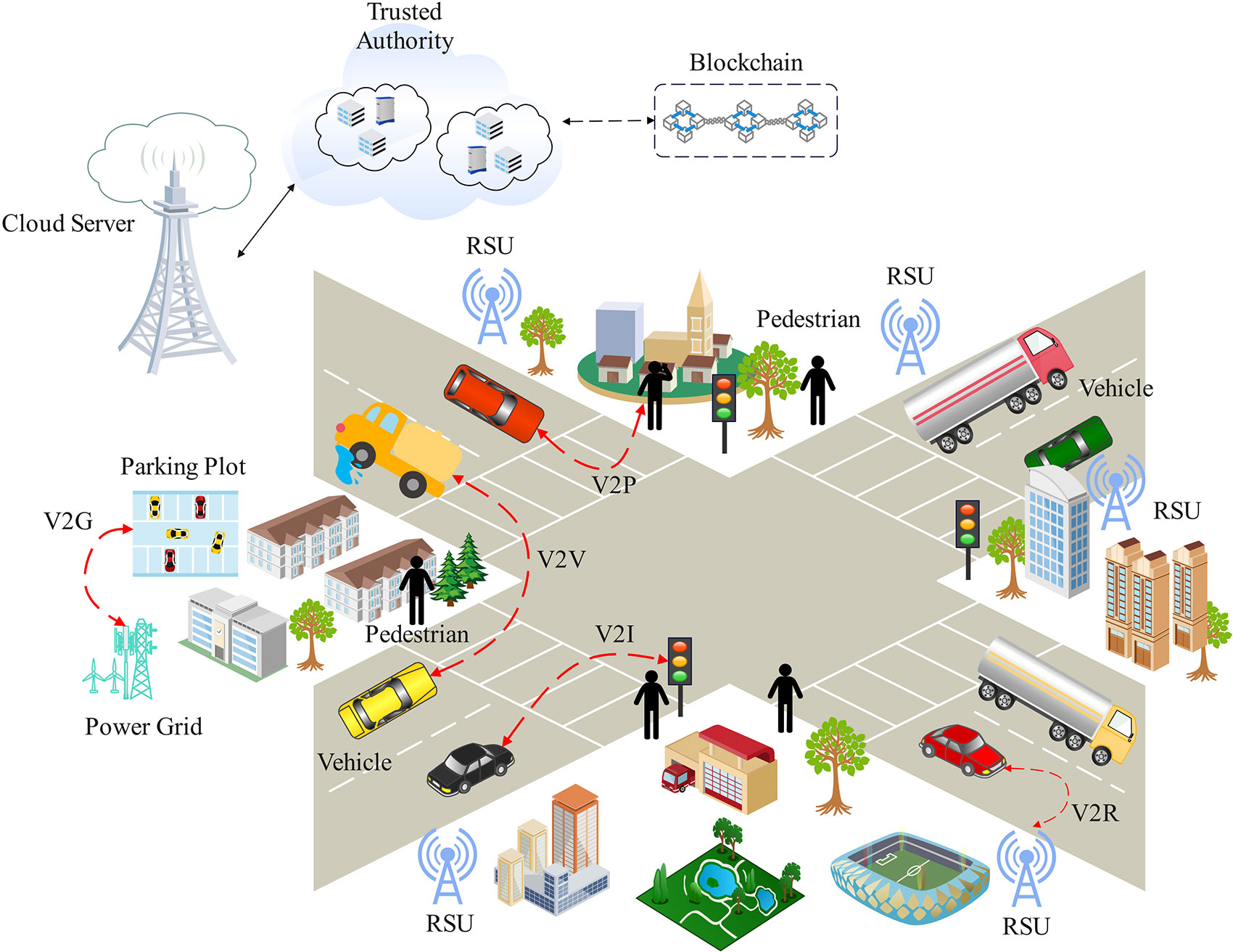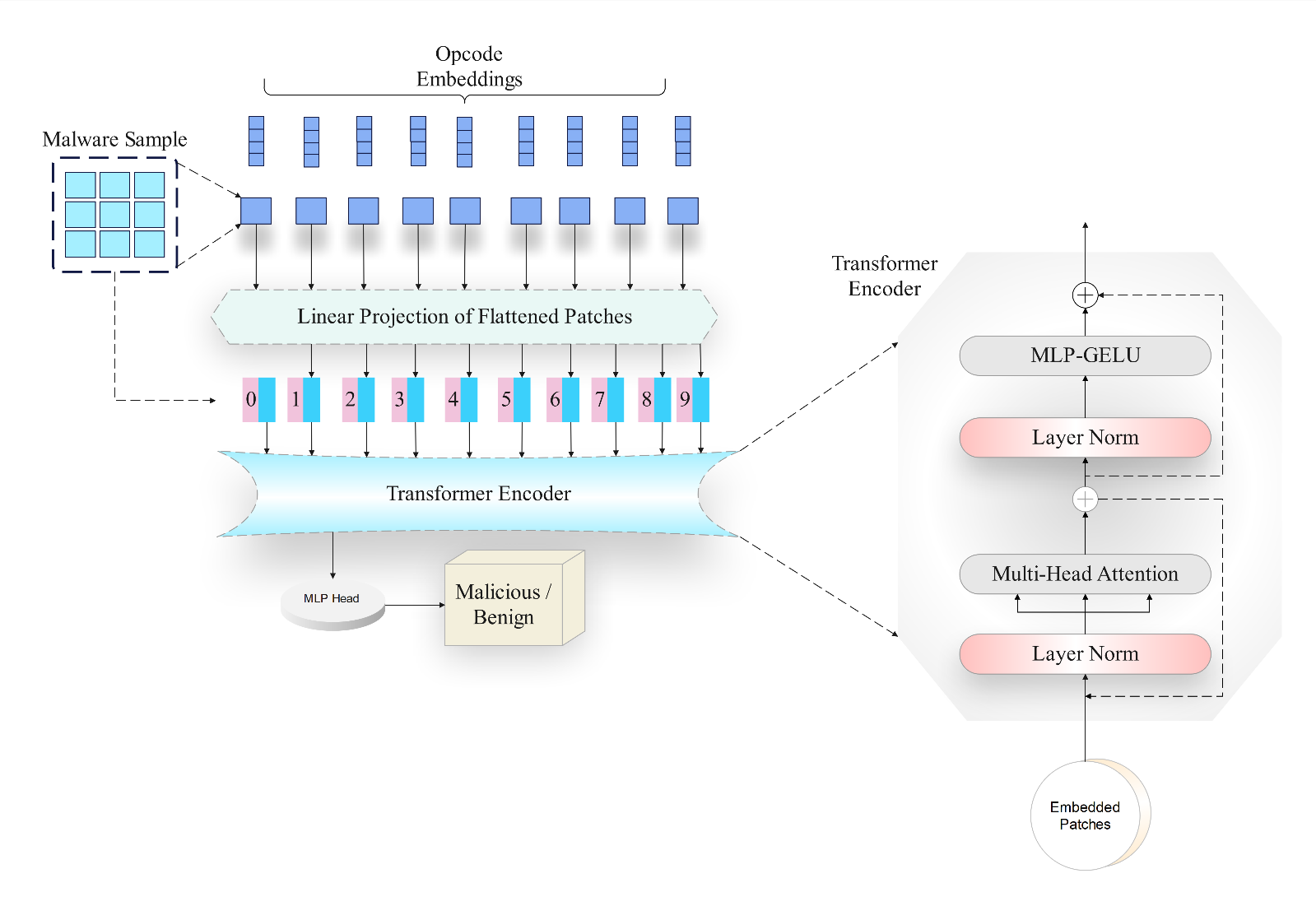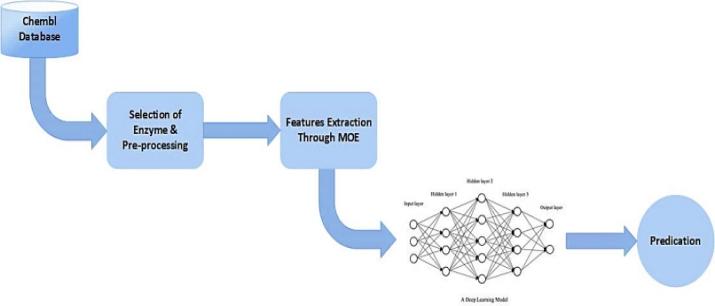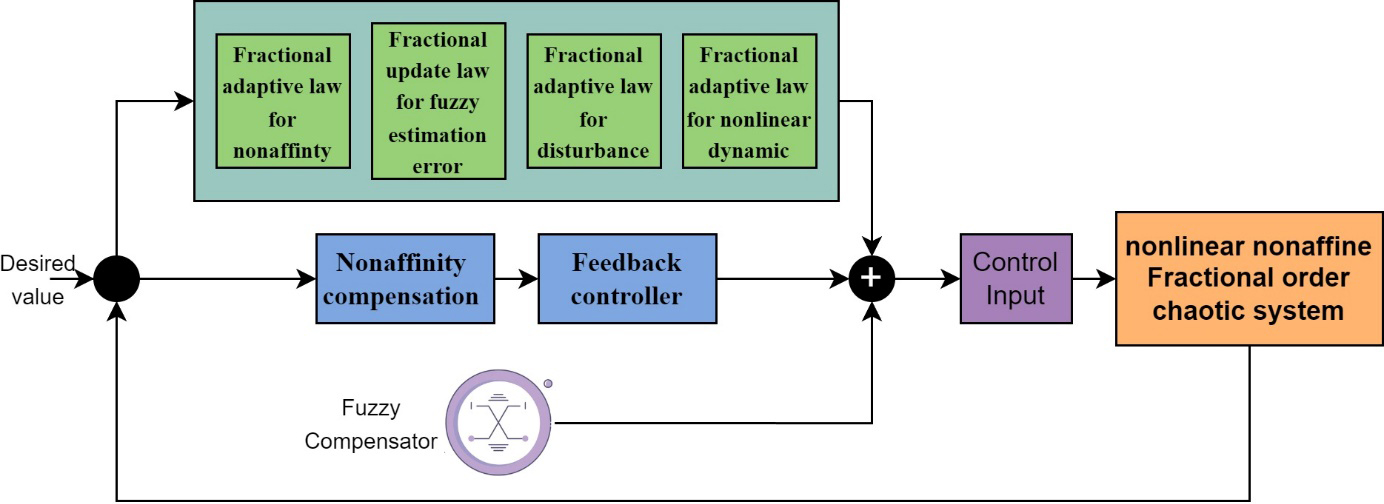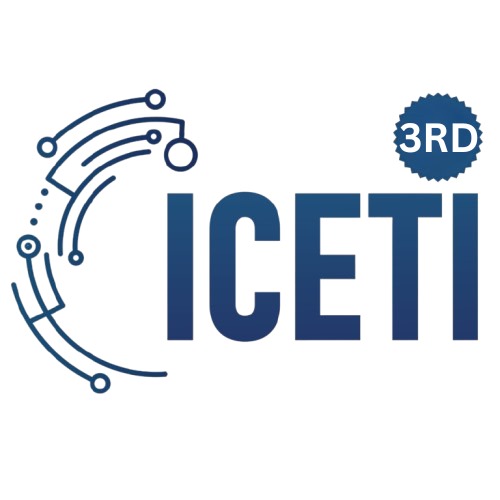IECE Transactions on Advanced Computing and Systems | Volume 1, Issue 2: 97-105, 2024 | DOI: 10.62762/TACS.2024.309607
Abstract
The Metaverse represents a virtual realm that is progressively supplanting the digital world, offering a unified, immersive, and enduring 3D virtual space. Its potential for transforming various aspects of human life is immense, spanning work, leisure, and everyday activities. It delves into the essential elements of the metaverse, including its prerequisites, structure, standards, challenges, and potential solutions. Bitcoin and the rise of NFTs also attract attention to the blockchain ecosystem. This increased focus on blockchain prompted discussions about the metaverse. Mark Zuckerberg, the CEO of Facebook, announced the company's transformation into a metaverse-focused entity and its ren... More >
Graphical Abstract
